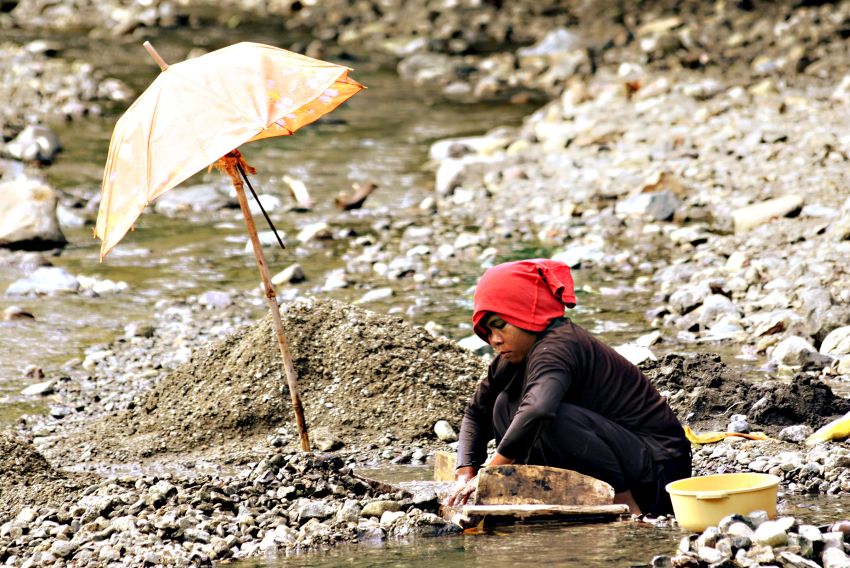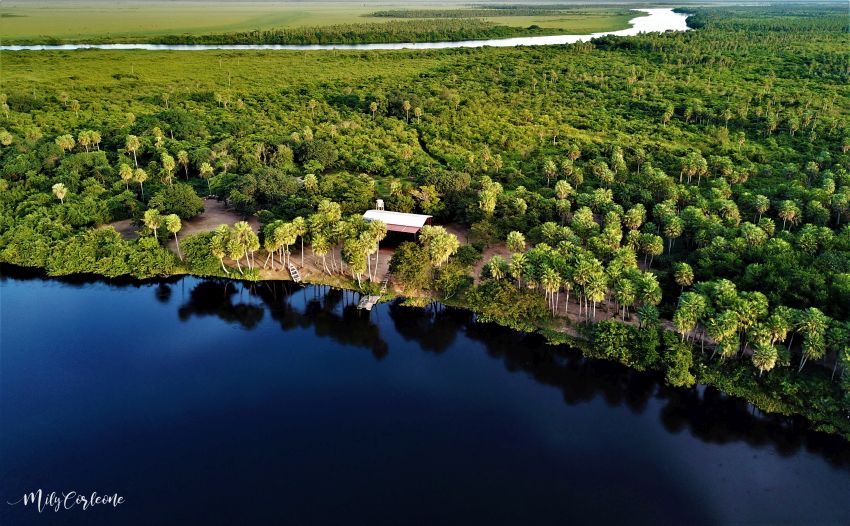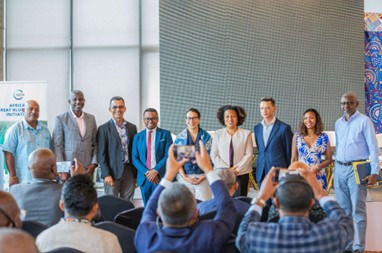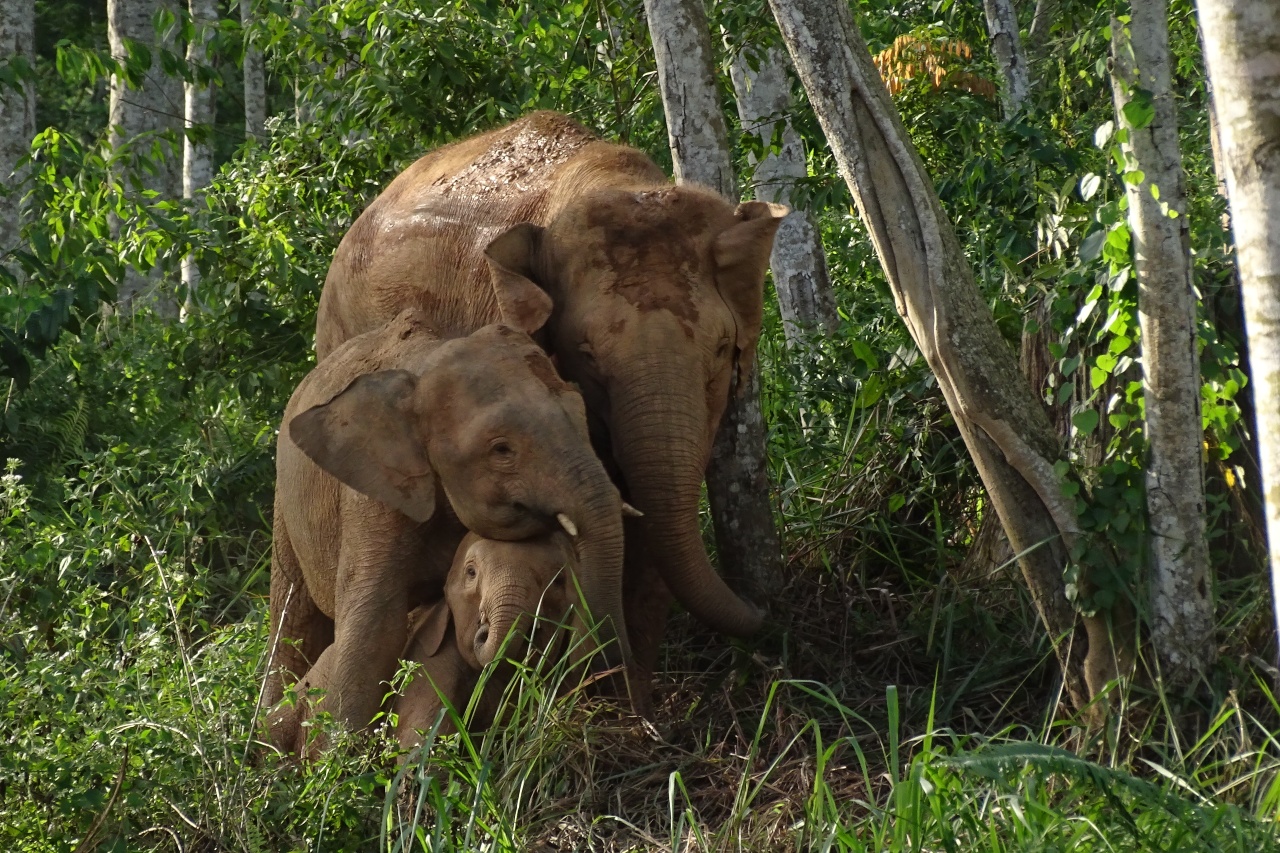Around the world ecosystems and the services they provide are under pressure. The growing world population and the pursuit of economic growth are increasingly forcing nature to make way for large-scale agriculture, mining, infrastructure and growing cities. We urgently need to find new, sustainable ways to feed a growing population, halt the rise in global temperatures and tackle environmental pollution.
Restoring our natural environment and halting climate change demand a systemic transformation to more sustainable, inclusive and green societies
Fortunately, frameworks for international action are in place: the Sustainable Development Goals (SDGs) and the Paris Agreement. But we must step up our efforts if we are to achieve these goals. Restoring our natural environment and halting climate change demand a systemic transformation to more sustainable, inclusive and green societies.
The Dutch government believes everyone needs to contribute. All stakeholders need to come together and coordinate their efforts, taking the Sustainable Development Goals and Paris Agreement as their guide – and civil society should definitely be part of the equation.
NGOs as key partners for a sustainable future
In this effort, non-governmental organisations (NGOs) are key stakeholders. NGOs can help set the agenda and bring an inclusive perspective to policy making and implementation. The Dutch government actively seeks to collaborate with NGOs because they strengthen our own efforts and can rapidly and effectively alert us to new issues. We’re convinced that inclusive decision making that involves local groups, including women, indigenous peoples and minorities, leads to better, more sustainable decisions that enjoy stronger public support.









Add new comment